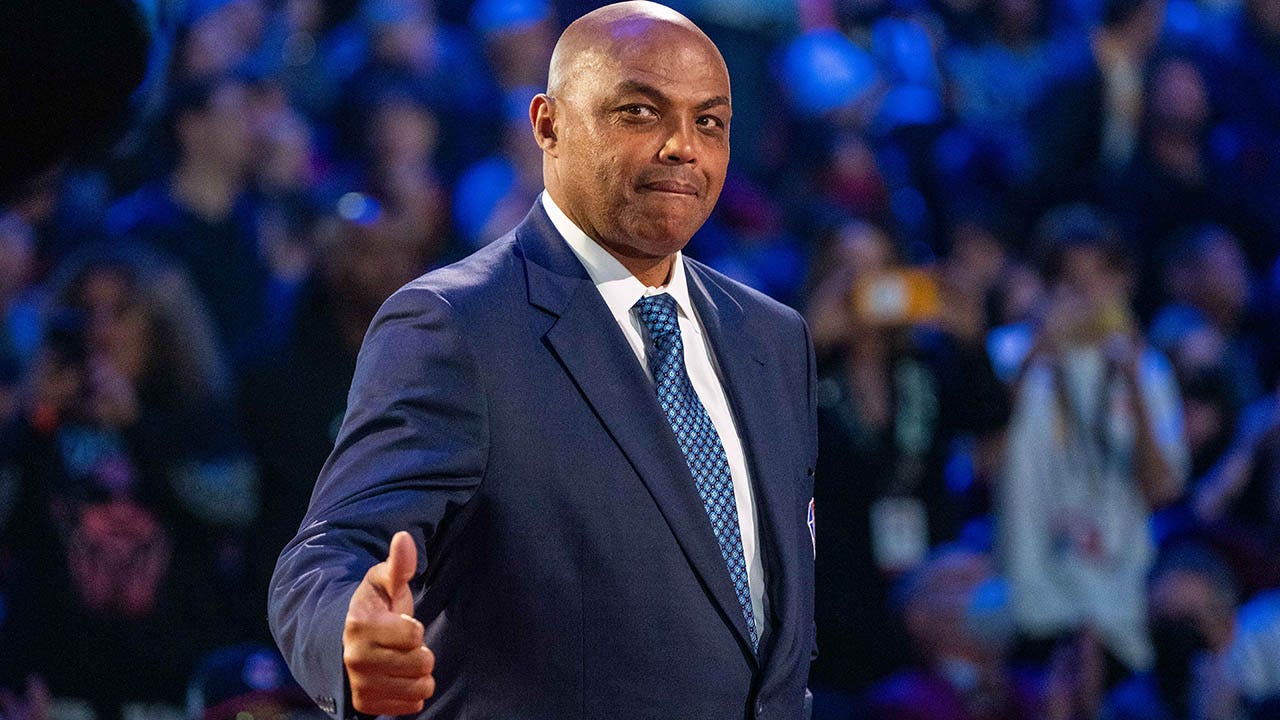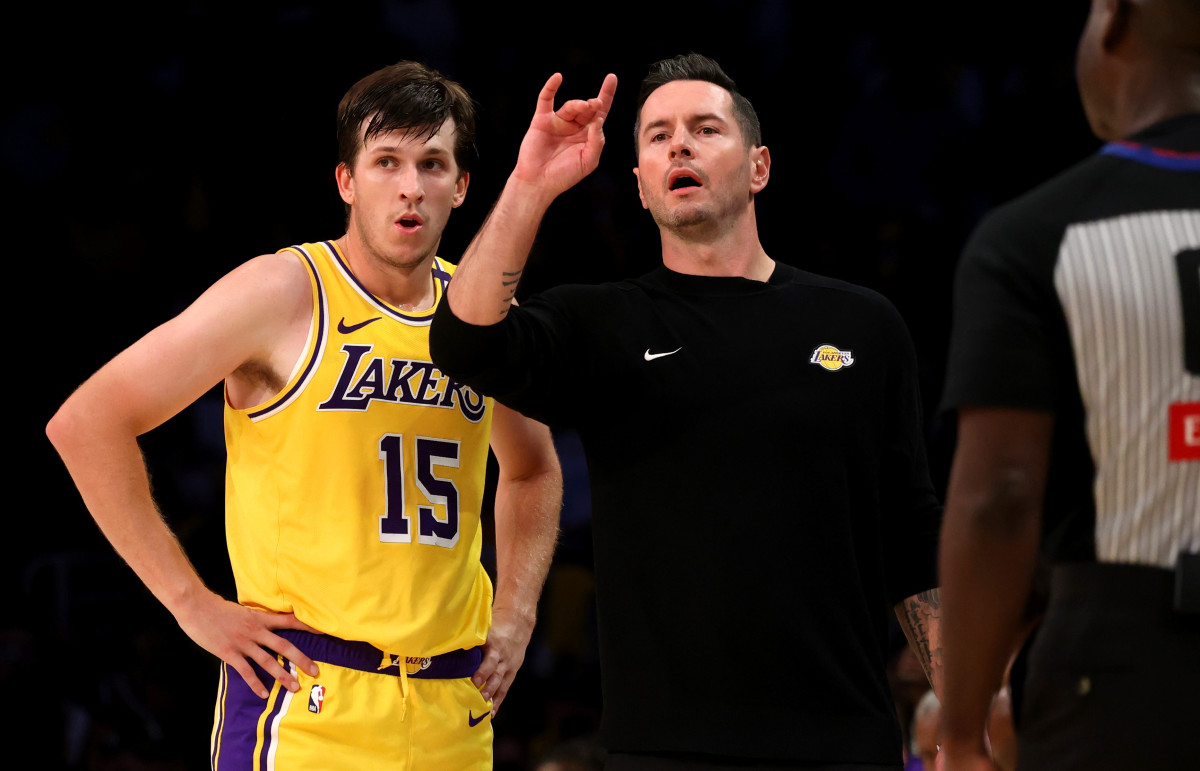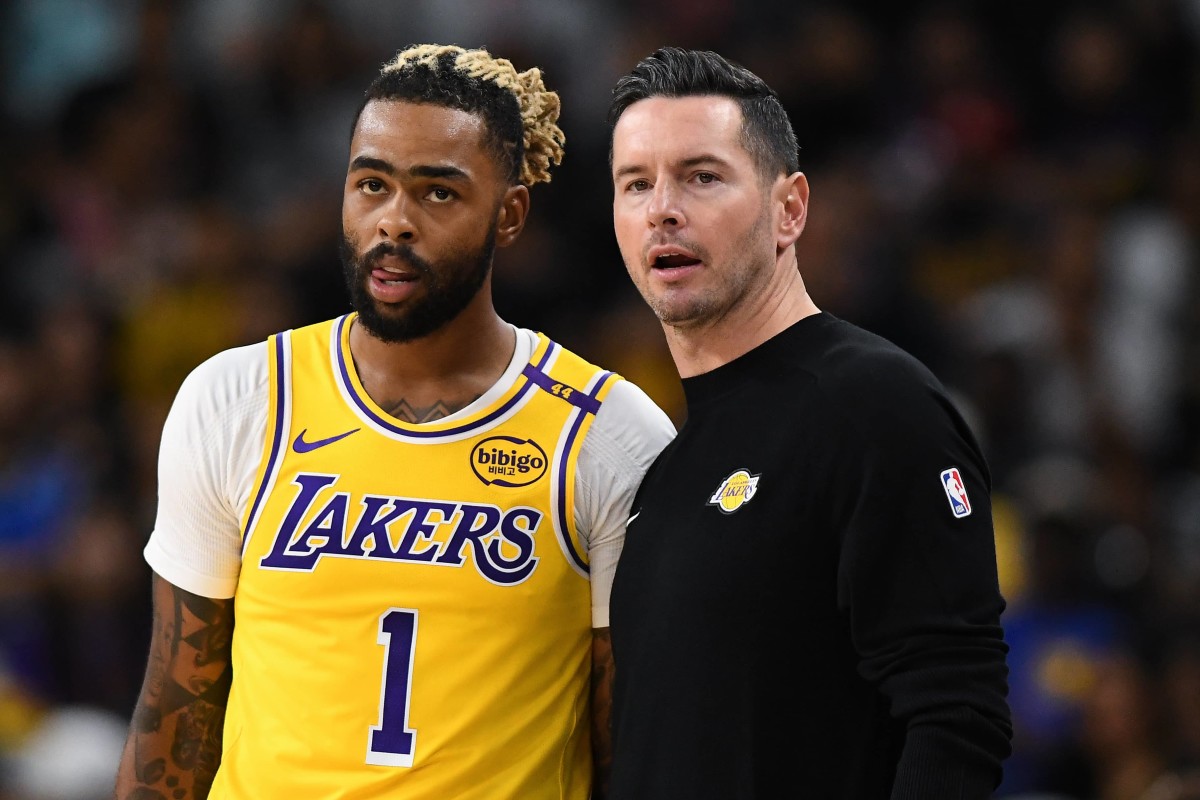The NBA is no stranger to debates that extend beyond the basketball court. Recently, Los Angeles Lakers head coach JJ Redick found himself in the crosshairs of Charles Barkley, a Hall of Fame player and renowned TNT analyst, after Redick critiqued the current state of NBA storytelling and viewership trends. Barkley’s fiery response, which questioned Redick’s analysis and even the security of his coaching position, has sparked widespread conversation about the league, its media coverage, and the challenges of coaching in the spotlight.
Here's ads banner inside a post
The Origins of the Controversy
The clash began on December 19 when Redick, a former ESPN analyst and first-year head coach, shared his thoughts on the declining national television ratings for NBA games. During a Lakers game against the Sacramento Kings, Redick dismissed the common criticism that the NBA’s focus on three-point shooting is detrimental to the game’s entertainment value.
“I don’t think the league is as homogenized as people make it out to be,” Redick said. He explained that while certain teams and players rely heavily on three-point shooting due to their skill sets, this trend has also opened up opportunities for more dynamic offensive play. “The three-point shot has created more spacing, which allows players to score at the rim and in the paint more effectively,” he added.
Redick’s comments also extended to the broader narrative surrounding the NBA, particularly how its media partners, such as TNT and ESPN, have portrayed the league over the past decade. “I don’t think we’ve done a good job as national partners in celebrating the game,” Redick said. “If every time you turn on the TV, you’re told the product is bad, why would you want to watch it? That’s been the prevailing message for the last 10 to 15 years.”
Here's ads banner inside a post
Although Redick refrained from naming specific individuals, Barkley interpreted these remarks as a direct attack on his commentary. Known for his candid and often abrasive style, Barkley wasted no time firing back.
Barkley’s Response: A Direct Shot at Redick
On TNT’s Inside the NBA, Barkley dismissed Redick’s critique, accusing him of blaming analysts for the league’s declining viewership. “JJ said something about us being the reason people don’t watch this terrible product,” Barkley quipped. “Like we’re out there missing 100 threes a night.”
Barkley didn’t stop there. He turned his attention to Redick’s coaching career, questioning the Lakers’ decision to hire him and mocking the team’s performance. “JJ, you came for the king; you better not miss,” Barkley said, quoting a famous line from The Wire. “You’re just a dead man walking. They got rid of Frank Vogel, who did well. They got rid of Darvin Ham, who did well. And now they’ve got you thinking you can fix it with the same ugly date. The Lakers are bad, man.”
Here's ads banner inside a post
While Barkley’s remarks were biting, they also highlighted the precarious nature of coaching in the NBA. Redick, who took the Lakers’ reins this season, acknowledged the inherent risks of his position during an earlier interview with ESPN. “There are no guarantees in this industry,” Redick said. “I understand that at any moment, I could be fired. That’s the reality.”
Redick’s Measured Response
Rather than escalating the feud, Redick downplayed Barkley’s comments during a media session before the Lakers’ game against the Atlanta Hawks. “I didn’t watch the whole clip, to be honest,” Redick said. “My resting heart rate is probably 64 beats per minute. I watched the clip; it stayed at 64. I truly don’t care. I have other thoughts, but I don’t care.”
By refusing to engage further, Redick demonstrated a focus on his team rather than external distractions. However, his earlier critique of NBA media coverage continues to resonate. Redick’s assertion that the league needs to better celebrate its players and games has sparked a broader discussion among fans, analysts, and former players.
A Broader Debate: The State of NBA Media Coverage
Redick’s comments touch on a long-standing issue in sports media: the balance between constructive criticism and promoting the game. Over the past decade, shows like Inside the NBA have gained popularity for their unfiltered commentary, but this approach has sometimes led to negative perceptions of the league.
Redick argued that constant negativity can alienate casual fans. “This game should be celebrated,” he said. His remarks point to a need for storytelling that highlights the league’s stars, innovations, and competitive rivalries, rather than focusing solely on perceived flaws.
Barkley’s counterargument, however, reflects the perspective of many former players who believe honest critique is vital to maintaining the league’s integrity. Barkley’s willingness to call out teams, players, and even the league itself has made him a fan favorite, but it also raises questions about the line between criticism and promotion.
The Lakers’ Performance Under Redick
Amid the controversy, Redick’s primary focus remains on his team. The Lakers, currently sixth in the Western Conference with a 19-14 record, have shown flashes of potential but face ongoing challenges in a competitive conference. Redick’s efforts to implement a modern, three-point-heavy offense align with his analytical background but have also drawn scrutiny from traditionalists.
Barkley’s critique of the Lakers’ roster underscores the difficulties Redick faces. Despite having superstar talent in players like LeBron James and Anthony Davis, the team’s inconsistent play and injury woes have hindered their progress. Barkley’s comparison of the Lakers’ struggles to “putting lipstick on a pig” may be harsh, but it highlights the high expectations and intense scrutiny that come with coaching one of the league’s most storied franchises.
A History of Feuds: Barkley vs. Lakers
This is not the first time Charles Barkley has clashed with figures associated with the Lakers. In 2017, LeBron James publicly criticized Barkley after the analyst made disparaging remarks about his leadership in Cleveland. “He’s a hater,” James told ESPN at the time. “What makes anything he says credible? Because he’s on TV?”
Barkley’s history of sharp commentary has earned him both admirers and detractors. While some fans appreciate his no-holds-barred approach, others view it as unnecessarily divisive. His latest remarks about Redick continue this trend, reinforcing his reputation as a polarizing figure in sports media.
Moving Forward: Lessons and Implications
The feud between Redick and Barkley underscores the evolving relationship between the NBA and its media partners. Redick’s call for better storytelling reflects a growing sentiment that the league needs to adapt its messaging to resonate with younger, more diverse audiences. Meanwhile, Barkley’s unapologetic style serves as a reminder of the importance of authentic, unfiltered analysis in maintaining fan engagement.
For Redick, the controversy is a test of his ability to navigate the challenges of coaching while staying true to his principles. His decision to avoid escalating the feud suggests a focus on long-term goals rather than short-term distractions.
As the Lakers continue their season, Redick’s vision for the team and the league will be closely watched. Whether he can succeed in reshaping both the Lakers’ fortunes and the narrative surrounding the NBA remains to be seen. One thing, however, is certain: the debate over the league’s direction and its portrayal in the media is far from over.

